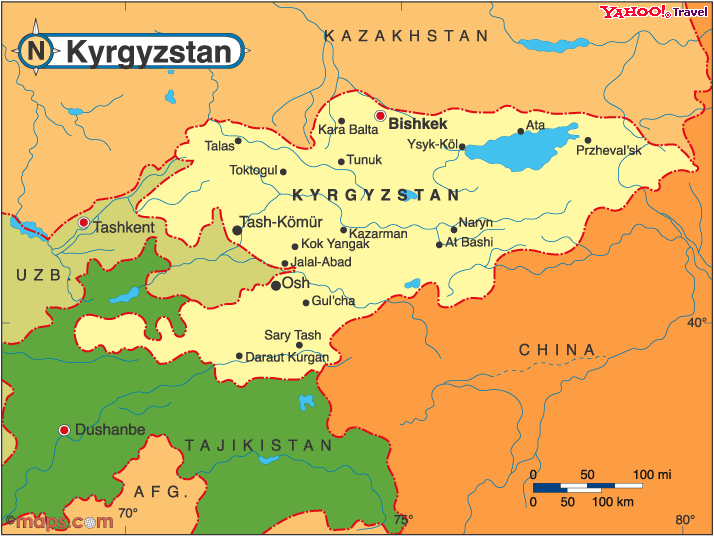
So I have been very truant. Very very truant.
Once I got back, things really started moving on two fronts. First, preparing for the trip to Alaska. Second, making money working construction. Neither seemed to be packed with thought provoking moments worthy of sharing. To sum it up, there are many many little logistical steps that go into arranging a long time far far away from many many little logistical steps. And making money is much more possible in the US than Kyrgyzstan. I made in 4 hours roofing what a doctor would make in a month at the ER, or a teacher in 2 months. I think that keeping that in the back of my mind helps me make sure that I use my power to consume wisely. That is to say, try to do less harm than perhaps average for this part of the world.
Then came camp. What is there to say about that place? It seems to me to be a place where amazing people, who are in many ways different, get together and work energetically and constructively at giving young people an experience to change their lives for the better. What more could I ask for in a job. This summer was blissfully productive on that front. For myself, my group, and camp at large from what I saw. I watched older staff provide great trips and great role modeling for younger staff. And I watched younger staff transform their joy and energy from being a camper (or going camping, if they had not been campers) into real selfless concientiousness of others. Watching peoples' hearts and minds awaken to a a more authentic and fundamental way of living, a parallel and connected but distinct reality, is awesome. As in full of awe. But nothing like awful.
And in the midst of all that was a trip. I needed to be reminded of the power and sublimity of the Arctic. My first time there perhaps I had too few places to compare and contrast it too. Then as I traveled more and more through different comfort zones I thought the Arctic, and the mountaineer experience, was somehow pretty much the same. I even let myself think at times that I was doing it, not because it would be the greatest opportunity for growth for me, but because I could provide the greatest comfort-expanding opportunity for others. Naivity wrapped in ego. The freedom of endless sunlight and the radiant joy of a simple life with young, playful and responsible people is sunshine after a dark winter, ice water on a hot day and rain after a drought.
I think in our own ways, each of us came back saying "oh yeah, that's how great life can be. I have to get me some of that for next year, forever. "
Except of course one does not get such a thing. One lives it every moment of every day with the decisions we make and people we surround ourselves with. And that's why its so great. It comes from inside. That's why it can be so hard to find too, because no one can make that happen for but myself.
Most recently, family was visited in Phoenix. It was great, just like I'd never left... about 4 years ago. except of course that everyone has grown and changed, especially the youngins. But that's why it seems so familiar. because despite all the changes the fundamental dynamic and goodness is the same. It's a good thing to come back to.
Coming back to the USA news cycle and the city has been good. Its a good challenge to have distractions that remind us of the need to get back to what's real... of course all of it is real but somehow it is not complete. It is some sort of unbalanced appendage to a more whole reality.
Seeing talk of politics, I think I will focus on remaining informed but undefined by it. Watching some people try to convince the universe that some particular party's platform embodies Truth and Justice and all things Good.
If only US domestic politics were more like Star Wars.
So now it's finding a place to live in Seattle. Four Widji connected folks will be grooving together out there. It's going to be a blast and a mellow blast at times, I hope.
My councilor had a kid. William Alouiscious Hansen. And time rolls on.


